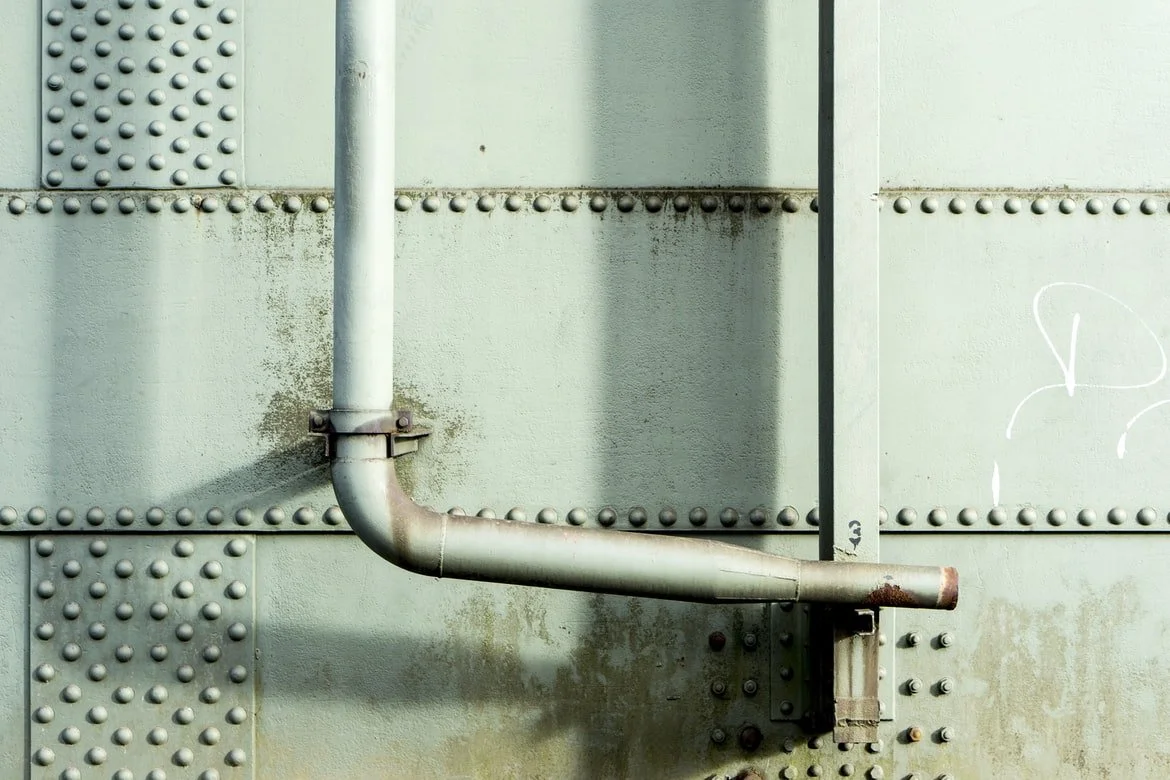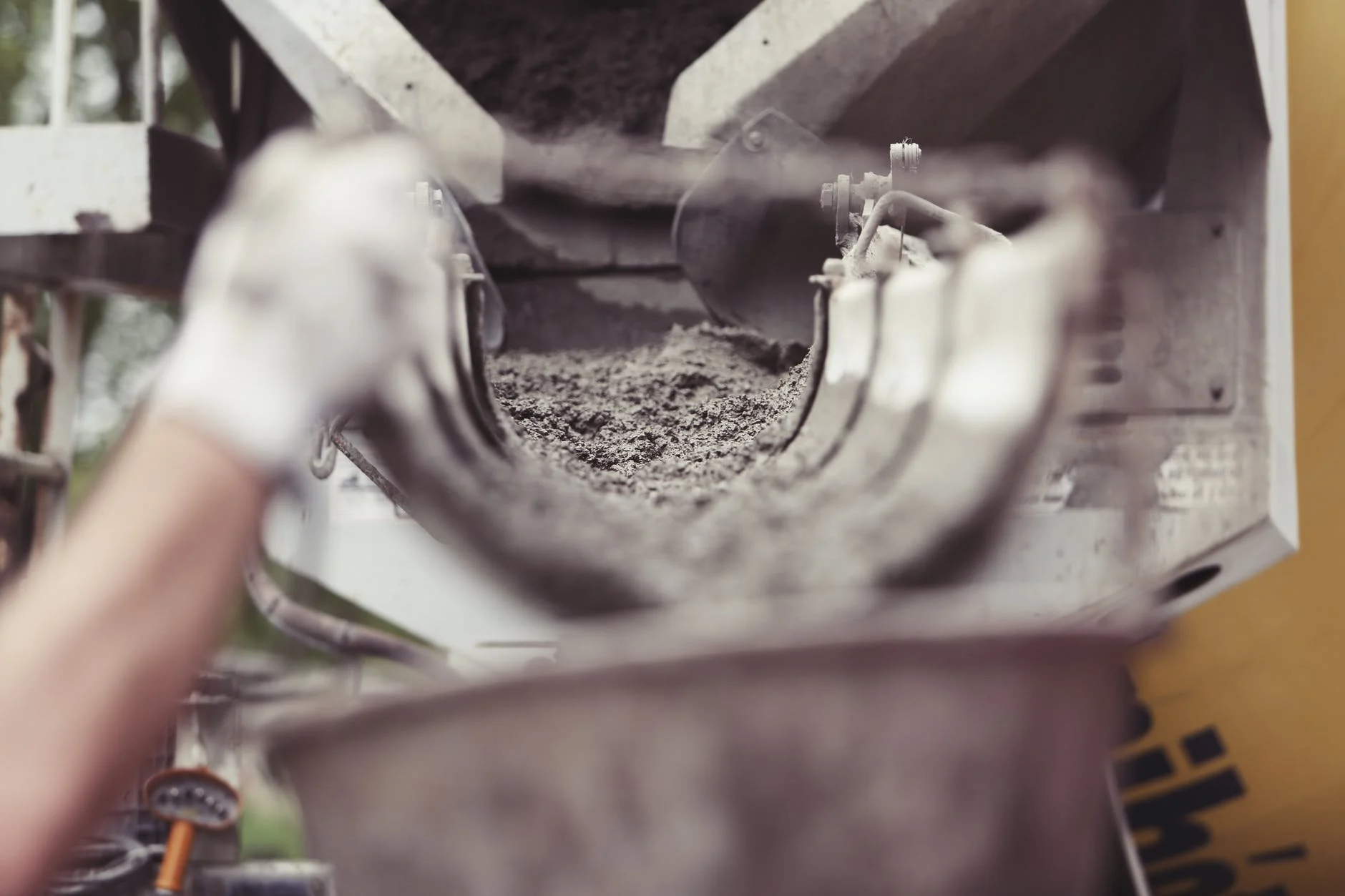
A resource for those seeking information on organizing and transforming spaces.
Dealing with Sulfur Smell in Your Home
No matter how big your home is and where it’s located, making sure everything’s in order at all times is a must. This won’t be easy, though, especially when trying to prevent mishaps and accidents that might occur without you knowing it, but even when it seems that there’s nothing you can do, there’s at least one thing – you can react on time and avoid further accidents. This is true when it comes to smelling sulfur in your home, and though this sounds like a simple problem that won’t cause you too many problems, this isn’t the case in reality. Sulfur is one of the most dangerous and poisonous gasses out there, and if you happen to smell it in your living space, you need to react immediately. In case this happens to you as well, here are a few ways to solve this problem before it causes you too many issues.
No matter how big your home is and where it’s located, making sure everything’s in order at all times is a must. This won’t be easy, though, especially when trying to prevent mishaps and accidents that might occur without you knowing it, but even when it seems that there’s nothing you can do, there’s at least one thing – you can react on time and avoid further accidents. This is true when it comes to smelling sulfur in your home, and though this sounds like a simple problem that won’t cause you too many problems, this isn’t the case in reality. Sulfur is one of the most dangerous and poisonous gasses out there, and if you happen to smell it in your living space, you need to react immediately. In case this happens to you as well, here are a few ways to solve this problem before it causes you too many issues.
Learn more about this smell
Probably the only good thing about the smell of sulfur is that it’s a unique and distinguished smell you can’t mistake for anything else. With so many different smells you can track in your home – from your food burning on the stove to a dead skunk in your basement – this is one of those smells you’ll never forget. It reminds people of rotten eggs, which is how you can recognize it as well, and the sooner you learn how sulfur smells the better it’s going to be for you and your home. So, the first time you smell it, try to remember it and do your best not to forget this smell for future notice.
Another thing you need to do is educate the rest of your family and teach them everything you can about the smell of sulfur. This won’t be the easiest thing you’ll ever do and the problem with smells is that you can replicate them, but, fortunately, sulfur can be replicated or at least imitated. So, equip your home with some rotten eggs and make sure everyone knows what they smell like. This is especially important if you have kids who might be home alone and smell something strange but don’t recognize it because they’ve never smelled sulfur before. This might seem a bit too much at first, but if you knew all the problems that might occur because of this smell, you wouldn’t make such a big deal about these experiments.
Learn the dangers of this smell
Once you’ve understood what sulfur smells like, you need to learn why it’s so dangerous and what it can do to your home and your family. Most people have no idea when it comes to sulfur and what it’s all about, but there’s one thing you need to remember – sulfur can cause stress, anxiety, and even lead to a panic attack if you’re surrounded by it for a while. In general, this smell isn’t dangerous per se, but it’s highly unpleasant and difficult to digest, which is why you need to minimize it from your home as often as you can.
In addition to stress and anxiety, sulfur can lead to breathing problems, especially with people who have asthma, bronchitis, and other problems with their respiratory system. This is even harder to deal with now with so many people suffering from COVID-19 that attacks their lungs and other parts of their bodies.
Learn how to handle this smell
As soon as you notice the smell of sulfur, you need to open your windows and check your stove for a possible gas leak. In case this is the source of the smell, leave your home immediately and don’t come back until the police and the fire department tell you it’s safe to do so.
In case there’s another reason why you can smell sulfur in your living space, you need to learn how to remove it permanently. For instance, check out the helpful h2s treatment that might allow you to get rid of this smell forever, and that’s something all families are looking for when it comes to protecting their kids and loved ones.
Learn what to do about this smell in the future
After you’ve solved the problem with the sulfur smell in your home, you need to know what you can do about it in the future. First, check your pipes and make sure they’re in the perfect shape. If you don’t do that, you could have new issues every single week. Do the same with your water pipes and your water heater because the smell of sulfur might be coming from them as well.
If your home has well water, you have to check it also. This might be not just the source of a rotten smell but could also do you tons of harm in the future too. Only after you’ve had everything checked properly and consulted experts can you relax and know that you won’t smell sulfur anymore.
Dealing with sulfur might not seem like a big deal, but it’s harder than you’ve imagined. You just have to identify the problem on time and find a way to handle it quickly – and remember to stay calm every step of the way, of course!
Main Differences Between Concrete and Cement in Construction
Despite the two words being used often in place of each other, there is a big difference between cement and concrete. Cement is used as a binding material to bring together other building substances. The main types of cement used in the construction sector are Asphalt and Portland cement. While many people think that Portland cement is a brand name, it is a type of cement and is present in all concrete preparations. Just like we consider sterling to be silver and stainless to be a form of steel, the same goes for Portland cement. Both cement and concrete are essential in construction activities.
Despite the two words being used often in place of each other, there is a big difference between cement and concrete. Cement is used as a binding material to bring together other building substances. The main types of cement used in the construction sector are Asphalt and Portland cement. While many people think that Portland cement is a brand name, it is a type of cement and is present in all concrete preparations. Just like we consider sterling to be silver and stainless to be a form of steel, the same goes for Portland cement. Both cement and concrete are essential in construction activities.
On the other hand, concrete is made when the paste is combined with aggregates to produce a mixture. The aggregates used can be crushed stone or sand and gravel, while the paste is obtained by mixing a suitable amount of Portland cement in some water. In a concrete mix, cement makes up around 10 to 15 percent of the volume of the substances.
The aggregates used are bound together into a solid substance when the water and cement mixture harden, a process known as hydration. The process doesn't stop after the hardening, and it may go on for a long time. This implies that as the concrete ages, it becomes stronger.
The Main Differences Between the Two
Cement is used to bind the materials used to make concrete, such as sand, stone clay, and silt. On the other hand, concrete is used in constructing various parts of a building like slabs and footing. It brings compressive strength to the structure.
Composition
Cement comprises Magnesia, Lime, Alumina, Iron Oxide, Silica, and Sulfur Trioxide, while concrete consists of sand, stone, and cement.
Mode of Operation
Cement works through hydration, which causes a hardening reaction that binds the materials being used. For concrete, the mechanism is quite different. The fine materials occupy any space available while the mixture is prepared, giving the concrete strength and a definite structure.
Definition
Cement can be defined as a binding material for concrete preparations and an adhesive in building processes. Concrete is a mixture of aggregates bound together by a substance like an asphalt or cement.
Conclusively
Both cement and concrete have different types. For cement, hydrophobic, low-heat, alumina, and colored are some available types. Concrete also comes in different forms, including stamped, glass, shotcrete, and polymer types of concrete. To acquire them for your construction, you should contact a reliable cement or concrete company.
Top 5 Flooring Options to Consider Installing When Staging a Home
You might not think that staging a home is necessary if you want to sell it in a market this hot. With practically every home getting multiple offers the first day they are on the market, some sellers are skipping staging. Yet, doing so can open the door to not only more bids but higher bids. One of the biggest staging decisions you'll have to make is what kind of flooring to install.
You might not think that staging a home is necessary if you want to sell it in a market this hot. With practically every home getting multiple offers the first day they are on the market, some sellers are skipping staging. Yet, doing so can open the door to not only more bids but higher bids. One of the biggest staging decisions you'll have to make is what kind of flooring to install.
Laminate
Laminate flooring can mimic the look and feel of stone, tile, and wood. However, the cost is a lot lower. Assembly is easy, too, if you go the DIY route. Tongue-and-groove construction just needs interlocking. Aim for the higher-end options in laminate choices for staging. Lower-end choices look somewhat artificial and turn off some potential buyers.
Renewables
Many modern home buyers are interested in being eco-friendly whenever they can in their lifestyle, so cork and bamboo floors might appeal to them. Bamboo is technically a grass but acts much like hardwood flooring in how scratch-resistant it is, while cork dampens noise and absorbs a lot of shock with its comfort and resilience.
Hardwood
Hardwood flooring is timeless and resilient. You can pick from lots of different kinds and colors, some of which can be refinished multiple times. Solid hardwoods are something you can sand and refinish quite a few times, whereas engineered hardwood has hardwood on top of plywood or high-density fiber cores for cheaper cost and easier installation. If the subflooring is concrete, solid hardwood might not work, but it's also generally thought of as the top option for all flooring options.
Tile Flooring
Tile is an effective choice for rooms with lots of foot traffic and also get wet. Such spaces might include kitchens, laundry areas, basements, and bathrooms. It's durable and doesn't need much maintenance but still has lots of options, including ceramics, porcelain, and natural stone.
Vinyl Flooring
Vinyl is made using synthetic materials, including plasticizers, PVC, and fiberglass. It also comes with as many benefits as physical sources, because it's resistant to scratching and staining, is waterproof, and lasts a very long time. Find it in quite a few colors and styles in planks, sheets, and tiles. You can even put it over most existing flooring for quick and easy installation.
Staging Matters
Staging a home can cost a few thousand dollars, but it also helps potential buyers truly see the potential it holds if they were to buy it and move in. The return on your investment is never assured, but it's more than worth it on average in terms of the possible bidding war and increased interest you'll generate.
Why You Need Professionals for Your Home Renovation
Building supply stores make it easy for homeowners to tackle their own DIY renovation projects. However, challenging or extensive remodeling work should be planned with the help of an experienced contractor. Consult a licensed and insured contractor before launching your in-depth home renovation.
Building supply stores make it easy for homeowners to tackle their own DIY renovation projects. However, challenging or extensive remodeling work should be planned with the help of an experienced contractor. Consult a licensed and insured contractor before launching your in-depth home renovation.
Rely on Professionals
No matter what kind of renovation or addition you might be doing on your home, you will need a few professionals to consult and work with to be able to make sure the job is done right. Rely on their years of experience, and remember that they have your best interests at heart. Contractors have the experience that you need to feel good about moving forward with your home renovation. Be sure to consult your spouse as well, make sure that you both like the contractors you are working with and that you admire their work ethic and focus. If you see any questionable things they are doing while working with them, be sure to either ask them to explain, or get a new contractor. After all, you definitely want to make sure, without a doubt, that you are making the right decision with your home. Remember that your home is an investment, so renovating it will only increase its value.
Organize an Efficient Plan
Develop a basic outline of the work you plan to do. Keep the cost and time factors in mind so you don't end up doing more or spending more than you can afford. Include all the periphery work that will be needed to support your remodeling project. For example, if you are turning the garage into a guest suite, you will need to plan for HVAC, electrical system, and possibly plumbing. Without going into extreme detail, describe what you plan to do within certain limits as the guide to be followed by everyone involved.
Establish a Reasonable Budget
Write a realistic budget to finance your renovation. Include materials, supplies, equipment, and tools as well as any hired labor. You should probably include mileage if you will be making several trips to the building supply store, and don't overlook the cost for building permits and delivery charges. It is easy to overlook additional expenses that will take you over the proposed budget, so use generous estimates.
Meet Local and Personal Safety Standards
Don't take shortcuts for your remodeling project. Use industry-recommended materials and follow the correct guidelines for installations. Make sure your addition has adequate electrical wiring and all the necessary safeguards to keep everyone safe. Contact a municipal, county, or state building office for guidelines if you aren't familiar with them. Follow the zoning laws to avoid problems or accidents. Work with the proper safety gear and equipment while working on the renovation.
Save Time and Avoid Costly Mistakes
One of the best things you can do to ensure a successful remodeling project is to consult or hire a home additions contractor. Unless you have years of experience, a building professional can reduce the amount of time needed to figure out how to get the right permit or deal with an unexpected problem, for example, finding a raccoon nest in your attic. A building expert can also help to prevent expensive mistakes by ensuring you are doing things the right way so that the wiring you wrongly installed won't get faulted by the permit inspector and force you to redo the work.
Remodeling your home is an exciting way to improve or expand your living space. From the start, take time to plan and organize the project rather than handling it carelessly. Work with experts to get optimum results.





